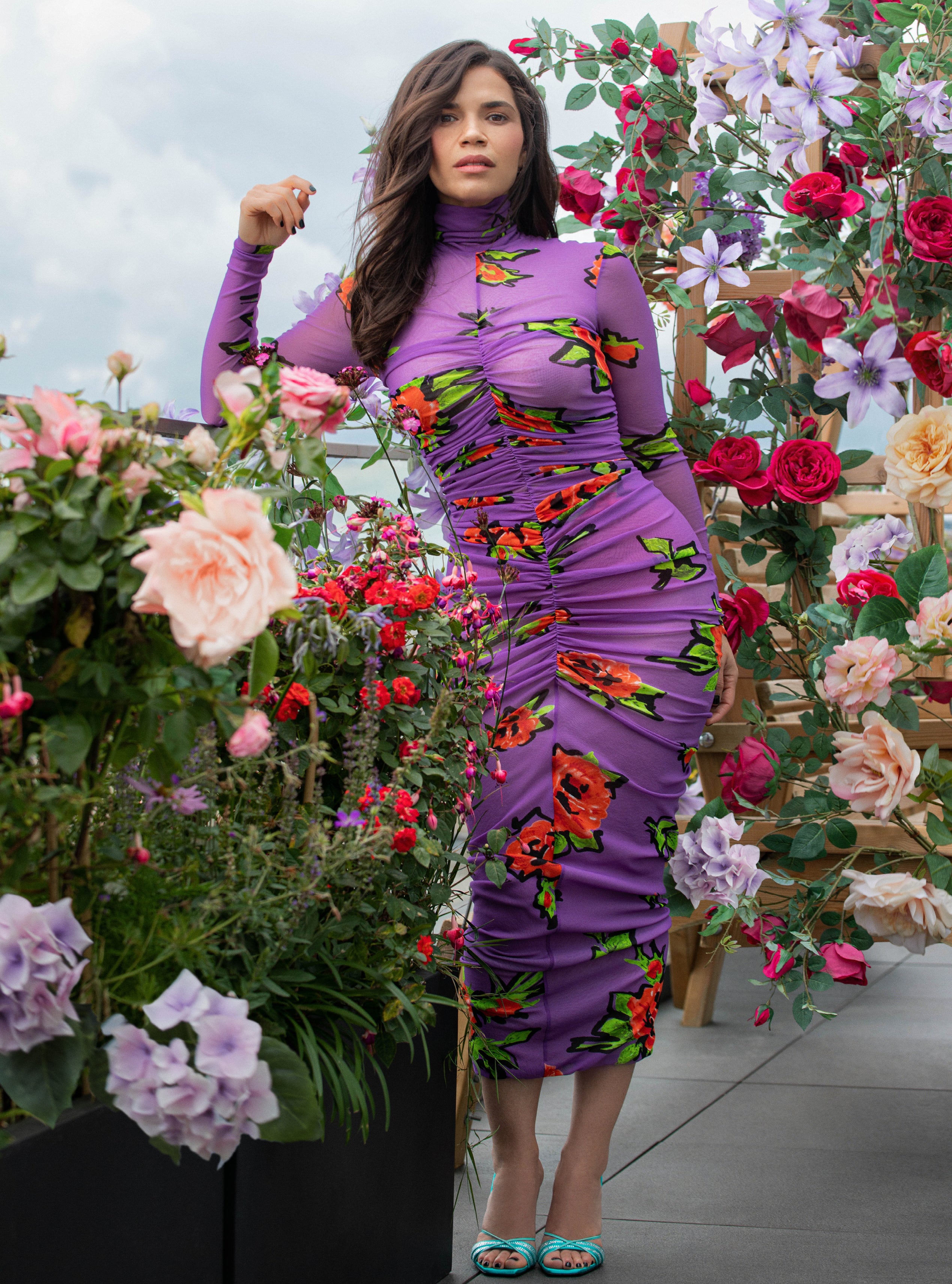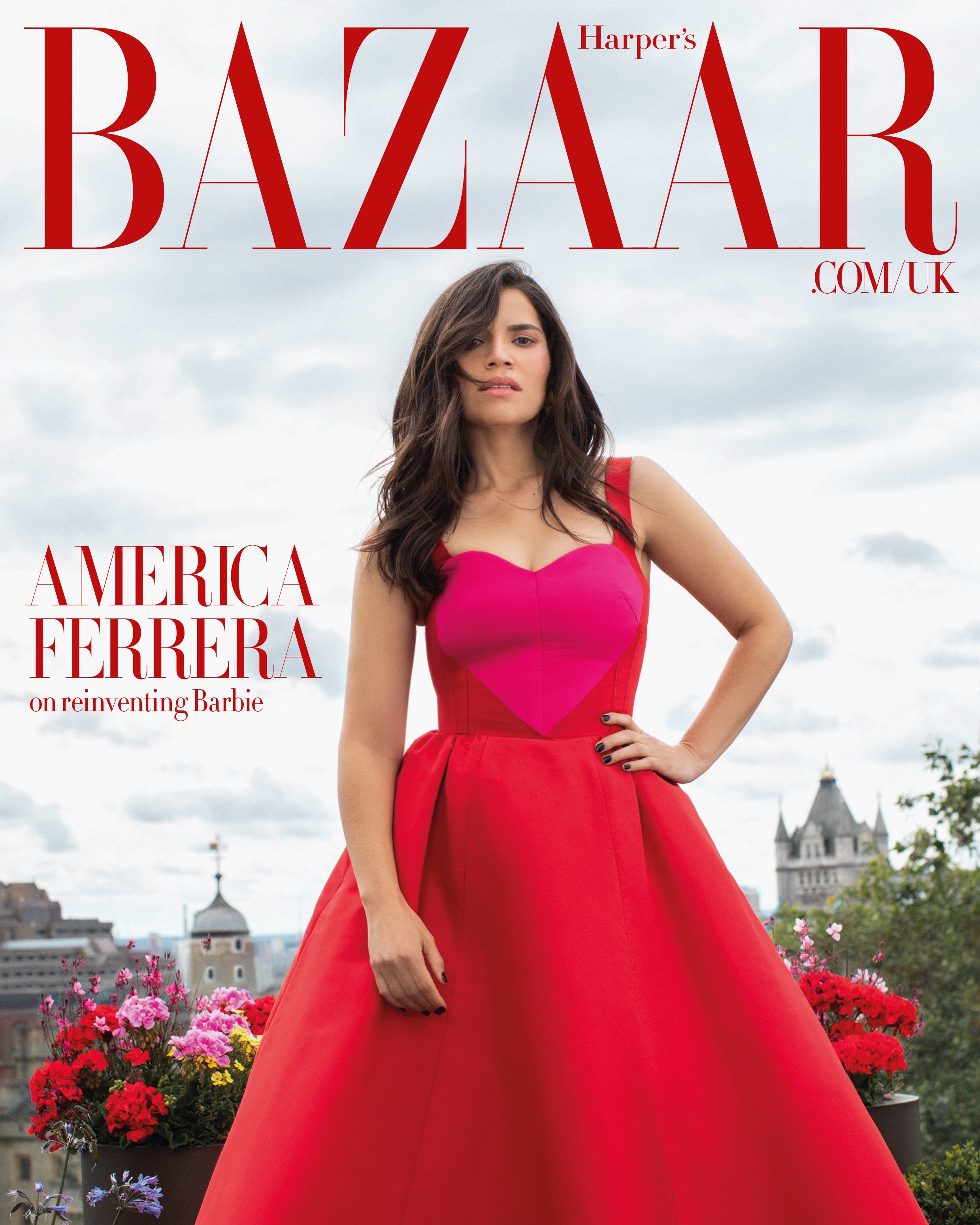The Independent's journalism is supported by our readers. When you purchase through links on our site, we may earn commission.
America Ferrera points out glaring and ‘revolutionary’ detail in original Barbie Dreamhouse
The ‘Ugly Betty’ actor plays Gloria, an assistant to the chief executive of Mattel in the new ‘Barbie’ film
Your support helps us to tell the story
From reproductive rights to climate change to Big Tech, The Independent is on the ground when the story is developing. Whether it's investigating the financials of Elon Musk's pro-Trump PAC or producing our latest documentary, 'The A Word', which shines a light on the American women fighting for reproductive rights, we know how important it is to parse out the facts from the messaging.
At such a critical moment in US history, we need reporters on the ground. Your donation allows us to keep sending journalists to speak to both sides of the story.
The Independent is trusted by Americans across the entire political spectrum. And unlike many other quality news outlets, we choose not to lock Americans out of our reporting and analysis with paywalls. We believe quality journalism should be available to everyone, paid for by those who can afford it.
Your support makes all the difference.America Ferrera has pointed out one “revolutionary” detail that she remembers noticing in the original Barbie Dreamhouse.
In a new interview for the Harper’s Bazaar UK Summer issue, the US actor, 39, discussed Barbie’s progressive but “inelegant” history since its creation in 1959.
Ferrera stars as the character Gloria in the new Barbie film, which was released in the UK today (Friday 21 July). Gloria is a longtime Barbie fan and assistant to the chief executive of Mattel.
Speaking to Harper’s Bazaar, Ferrera said that growing up, she was “never a Barbie girl” but there have been “revolutionary” moments in Barbie’s history when Mattel has made subversive statements about womanhood.
Ferrera points out that there was no kitchen in the first Barbie Dreamhouse, which freed the doll from expectations of domesticity.
The Dreamhouse, which debuted in 1962, was made entirely of cardboard and had one room. It had a television set and a record player but no kitchen. This was in contrast to early dollhouses, which were usually made with the intent of teaching young girls about domestic tasks such as cooking and cleaning.
However, Barbie’s Dreamhouse was more focused on her leisure – she had a TV set and record player instead.
On the shelves and walls of the original Barbie Dreamhouse, books and varsity pennants suggested that Barbie was college-educated. The doll’s single occupancy of the home also signalled that Barbie was an unmarried, young woman living independently in the Sixties.

Felix Burrichter, the co-editor of the book Barbie Dreamhouse: An Architectural Survey recently toldThe New York Times that the first Barbie Dreamhouse played on the idea of a bachelor pad, instead representing a “bachelorette pad”.
“This was also the time of the Playboy bachelor pad and the idea of a single occupancy home for a freewheeling bachelor, but here you have the female version of that,” Burrichter told the publication.
While celebrating the more progressive moments in Barbie’s history, Ferrara told Harper’s Bazaar UK that there have been some “inelegant times”, too.
“We also look back and see the exclusion of so many of us – how long it took for [Barbie] to have a Black friend, and then she had another ethnically ambiguous sort of brown friend,” she said. “There were very inelegant times of change and growth.”

“To be perfectly honest, I was never a Barbie girl,” Ferrera admitted. “I didn’t play with Barbies for a number of reasons. We couldn’t afford them. And they just didn’t resonate with me. I didn’t see myself reflected in that world in a way that captured my imagination.”
The Ugly Betty actor praised director Greta Gerwig and the Barbie team for addressing the problematic and sometimes controversial history of the dolls.
“They didn’t ignore what was problematic about Barbie, or the multitude of perspectives that people have,” Ferrera said.
Read The Independent’s five-star review of Barbie here. Barbie is out in cinemas now.



Join our commenting forum
Join thought-provoking conversations, follow other Independent readers and see their replies
Comments